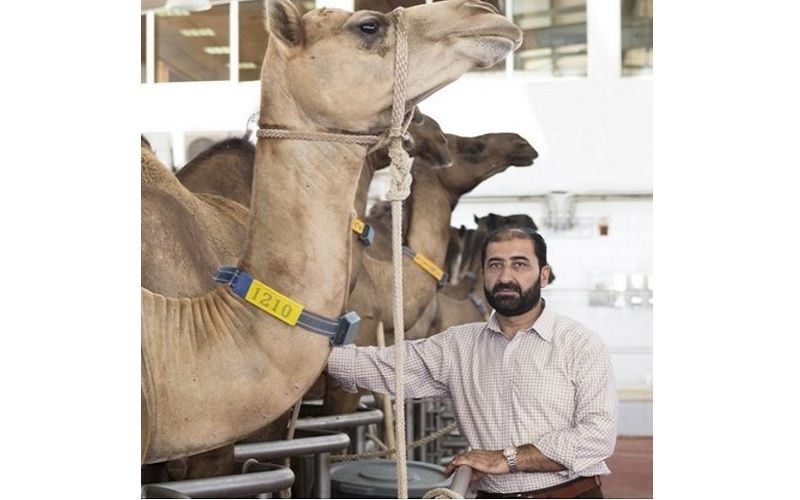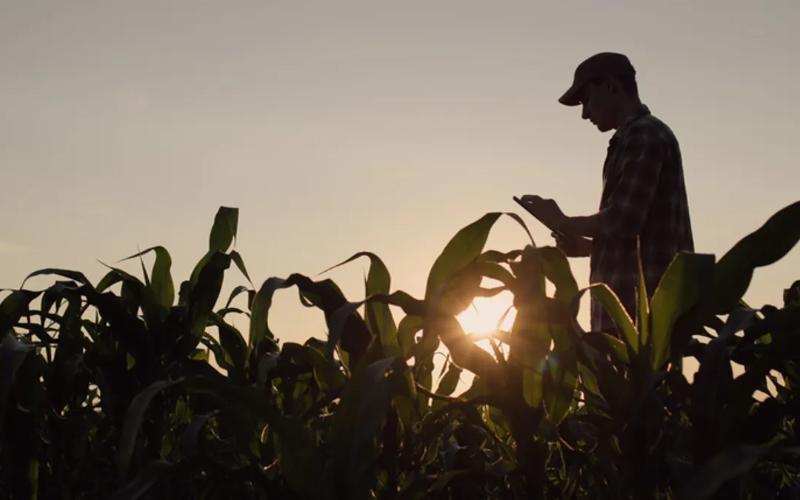Pakistan’s Packaged Milk Sector Faces Crisis Amid Rising Costs and Low Market Penetration

The price hike has exacerbated issues in a nation already grappling with malnutrition, which reportedly costs Pakistan an estimated 3% of its GDP. However, with packaged milk accounting for only 3% of the total milk market, some argue that the increase impacts a small segment of the population.
Tetra Pak, a leading player in the packaged milk industry, holds a dominant market share of approximately 75-80% in Pakistan. Despite this, the penetration rate of packaged milk has remained stagnant at 3% for the past four decades, according to Awais Bin Nasim, Managing Director of Tetra Pak Pakistan Limited.
The recent tax hike has resulted in a 40% drop in packaged milk sales, pushing the organised dairy sector into a precarious situation. A prevailing perception that packaged milk contains preservatives has further hindered market growth. Nasim clarifies that Tetra Pak’s six-layer packaging prevents bacteria growth without the need for preservatives, countering widespread misconceptions.
Pakistan’s heavy reliance on loose milk, often produced and handled in unsanitary conditions, contrasts sharply with global standards where loose milk has been largely banned due to its high bacterial content. The Total Pore Count (TPC) in Pakistani milk can reach up to 30 million bacteria per millilitre, far exceeding the global safety limit of 10,000.
Despite producing 70 billion litres of milk annually, Pakistan remains a net importer of dairy products, with nearly 14 billion litres wasted due to inefficient storage and transportation. Nasim suggests that addressing these inefficiencies could significantly reduce Pakistan’s import bills.
The organised dairy sector also faces challenges from middlemen who pocket price increases in raw milk, leaving farmers in the organised sector at a disadvantage. With a 40% drop in packaged milk sales, the sector is nearing an unsustainable level of operations. Nasim warns that if the current tax structure remains, the impact on the industry could be devastating within the next five years.
As a potential solution, Nasim advocates for the implementation of Safe Milk Laws, which would require pasteurisation and proper handling of milk immediately after harvesting. However, the fragmented nature of the dairy sector and limited resources of many farmers pose significant challenges to this proposal.
Without urgent interventions, Pakistan’s packaged milk sector faces a bleak future, with implications for both the industry and the nation's nutritional health, according to Dawn, The Business and Finance Weekly.









